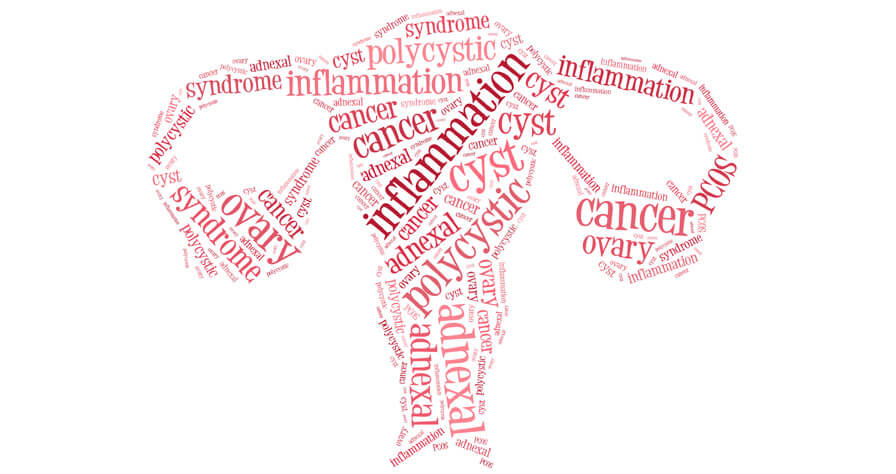What’s the Stress & Cancer Connection?

Is There a Link Between Stress and Cancer?
Stress is the feeling of being under pressure physically, mentally or emotionally. Not only is it an unpleasant sensation, there seems to be a relationship between stress and cancer. In particular, the stress and cancer link appears to be related to long-term or chronic stress.
Can Chronic Stress Cause Cancer?
There are two main types of stress. Acute or short-term stress occurs and then quickly dissipates, like when someone cuts in front of you on the road and for a moment you think your cars may collide. Chronic or long-term stress persists for a longer period of time. Ongoing concerns about your finances or the health of a loved one can produce chronic stress.
Researchers believe there’s a connection between chronic stress and cancer. This isn’t to say that chronic stress causes cancer, but rather that it can increase your risk of developing the disease. It may do this in different ways, such as weakening your immune system or promoting unhealthy responses like overeating, consuming alcohol or smoking.
How Does Stress Affect Cancer Cells?
People who have cancer may find that coping with it is physically, mentally and emotionally taxing. Unfortunately, stress and cancer recovery don’t go well together. In fact, studies on mice that have human tumors and are subjected to stress-inducing isolation suggest that the tumors are more likely to grow and spread under those conditions. Chronic stress can also cause cancer patients to experience mood disorders like depression and anxiety.
Fortunately, there are steps you can take to minimize your stress as a cancer patient. They include:
● Using meditation or relaxation techniques. Calming your mind and body regularly can reduce your stress.
● Getting regular exercise. Being as active as your condition allows is a great way to lower your stress level.
● Taking medication for anxiety or depression. If needed, your doctor can prescribe medication to address your mental health challenges.
● Participating in counseling or talk therapy. Talking with a trained therapist, or even a trusted family member or friend, about your concerns can help relieve the pressure you’re feeling.
● Learning about your condition and treatment. Understanding your cancer and the treatments used to fight it can help you feel more in control of your situation and less stressed.
Find out if Stress Is Increasing Your Risk for Cancer
Whether you’re looking to decrease your cancer risk or increase your ability to fight the disease, it’s important to minimize your stress. Doing so is good for both your body and your mind.
Take the Health Risk Assessment for stress from Baptist Health to identify any cancer risk factors.



